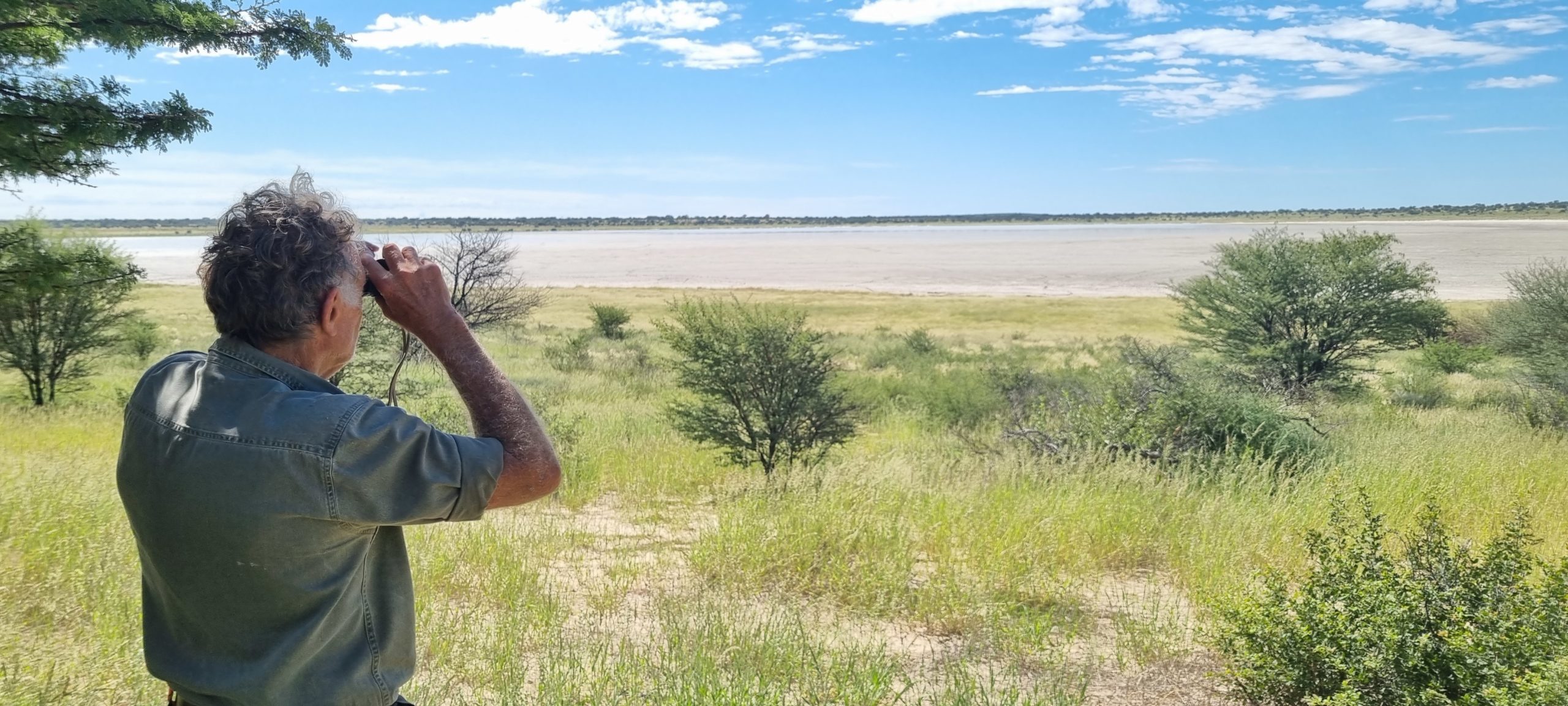You can listen to the voice recording, or read the text below:
Sometimes things go wrong. In the wilderness, a lot can. Sometimes it merely means some inconvenience, or a bit of strain, but it could be life-threatening.
I have often been aware of having survived a near miss – on more than one occasion, I am sure, been blissfully unaware of one. Yes, the wilderness can be generous and forgiving… and then, it can be merciless.
Often things that go wrong, or could have, are the consequence of one’s own omissions, oversights, bad planning, negligence and the like – and then, there is fate.
But, be that as it may, in the wilderness, one can never quite relax. Even when you do, like when enjoying a glass of wine at sunset, your senses need to be alert, and your mind active, ready to act. One needs to be completely in the moment, all the time. In any action you take, even in the mundane and simple, you need to concentrate, so that human error is avoided as far as possible.
Careful planning is of course a key element, but that is, to me, the easy part. Having the discipline to execute carefully is as, or maybe more important. To me, that is the difficult part, easily neglected or overlooked or rationalised away. I can hear you say, “But you’re an engineer. It should come naturally to engineers.” Of course, you would be right. But you have here, I guess, an atypical engineer, given to a wandering mind; mental doodling. It may be good for writing, or devising solutions, but in the wilderness, it is somewhat of a liability. It makes me overlook important things and details, especially in the mundane and routine. It is something I constantly need to work on, and then, I still tend to wander off.
Execution requires different levels of precision, depending on the task, but integral to it is checking, and re-checking as you go along. The checking-part includes yourself, your environment and your equipment. You need to regularly and consciously check your body, its state of health, its level of alertness, its ability to act and endure, and to adjust your plans and actions accordingly. And, you need to constantly check your environment – the immediate danger zone, maybe up to fifty paces, the middle distance, the far distance, the wind, the heat, the weather pattern, how long before darkness, how long before light… This, likewise, to a large extent determines your plans and actions. Then, you need to check your equipment. Assuming that everything was confirmed to be in good working order when you set out, is it safe and well secured? And, especially on an extended vehicle reconnaissance like this one, you need to regularly check your vehicle. In extreme conditions, you need to be absolutely sure of its state, and how far you can push it. It is similar to flying an aircraft through a storm. You need to be clear on its structural, mechanical and electrical condition. So, you need to regularly check the under structure and drive trains, the engine, the battery and electrical connections you can reach. When it is running, your ears have to be finely tuned to its sound and smell, all the time.
As you can see, it means a state of general heightened awareness; much higher, and different, from what we need in our everyday life. I find that, starting with the preparation, I go through a process of adjustment of the mind and the senses, and for me, it takes time – maybe a week or more to make the full transition. During this adjustment period one is vulnerable, and I find, subconsciously nervous, which is mostly good, because the heightened adrenaline is good for concentration. And of course, there is an element of, what, addiction? To me it is exhilarating, and part of what makes wandering into the remote wilderness so attractive.

